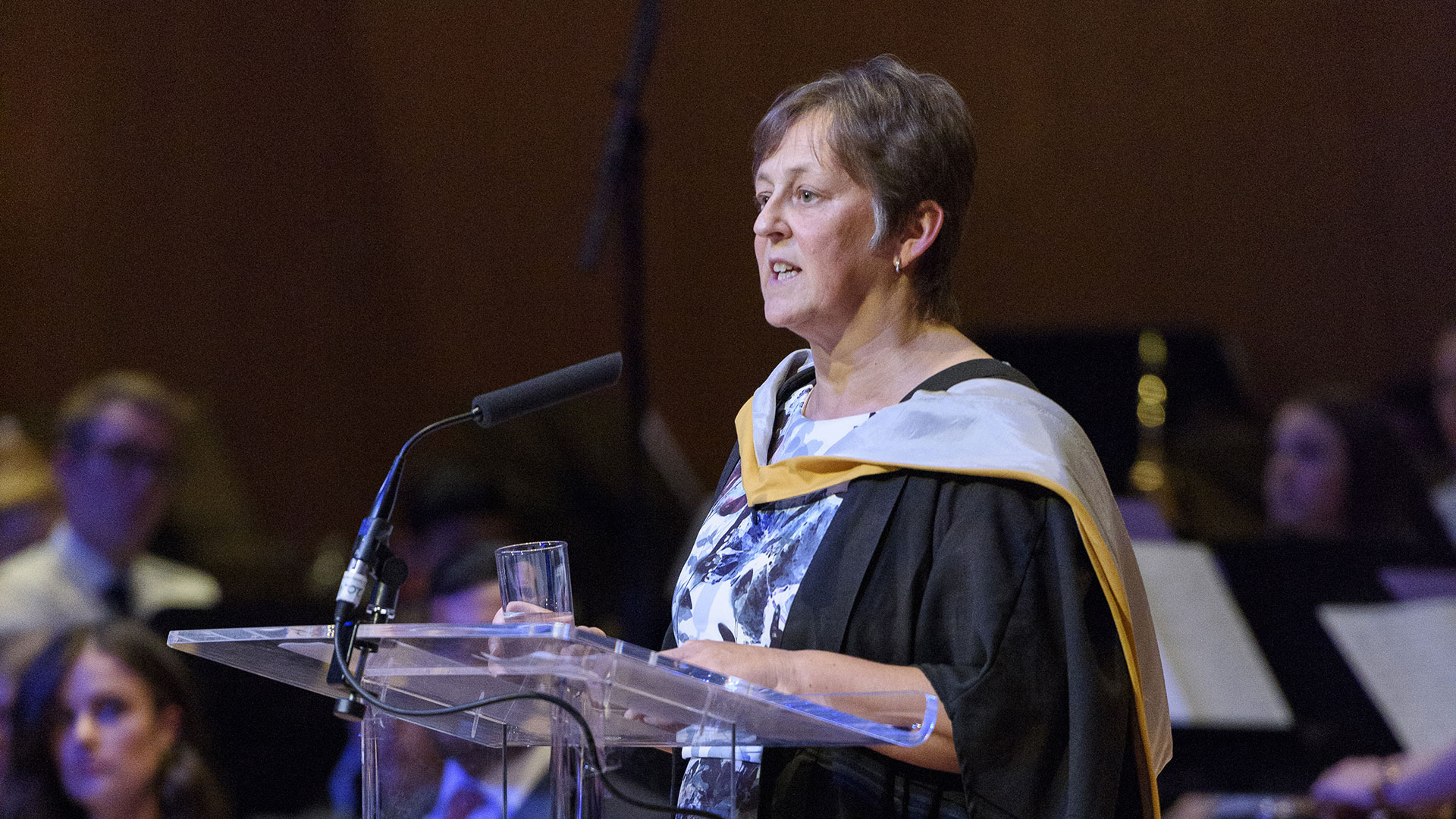


We all recently celebrated International Women’s Day. It is always wonderful to see schools and the media either recognising women who had made a difference in the world or identifying with character traits that epitomised a particular strength of a successful women.
In assembly I shared briefly the story of a woman who fascinated me with her attitude to life. Dorinda Neligan was the first Headteacher of my last school in 1874 as well as an active suffragette. As a consequence of the fact that Dorinda could not vote as a woman, she refused to pay the school taxes owed each year. Tax inspectors of that time would then raid the school for items of value that would cover the taxes. The parents, of what was one of the first girls’ schools, were fearful that the school would have to close. However, they rallied round Dorinda and a number of the wealthier parents bought back items and returned them to the school. In essence the parents paid the taxes.
After 26 years as the Head she then, at the age of 77, began being more involved in the suffragette movement as it gained momentum. She was present at a number of protests and activities all aimed towards getting the vote for women. Since the time of the suffragettes, women have sought to be given equal parity in different areas of life. Even in today’s world as a Head, my peers are still predominately men. For example, despite 64% of secondary teachers being female, only 39% of headteachers are female.
What intrigues me most about successful and influential women are the character traits that they possess. In education, we talk about and try to develop characteristic traits that prepare our students well for the challenges of life beyond school. Recently, when meeting my student leadership team, we were discussing confidence in different situations and how as leaders we overcome any doubts or insecurities we might have. I discussed the idea of ‘self talk’. When I am nervous or having to have a difficult conversation or delivering a talk to large audiences I talk to myself to get that boost in confidence and self-belief. I then take that deep breadth and do what I need to do. This is self talk.
Positive self talk is something I was encouraged to do when I was a sportswoman; in order to motivate and drive me to do my best. Self talk becomes more important as we get older because we cannot always rely upon encouragement of others, which is why we need to teach our students about it. It is also important as it is a way in which we can take control of our inner voice that provides a running monologue throughout the day and even into the night; it can sometimes be overwhelming negatively if we do not self manage.
Although the idea of self talk may have not been theorised about in the days of Dorinda and the suffragettes, I often wonder if they managed their inner voice, reminding them why they were doing what they were doing. They faced constant barriers and criticism; the need to believe in themselves would have been key to their success. I hope our Grange students, whether boys or girls, can take inspiration from women like Dorinda and see why we need to learn to be our greatest supporter and realise what this can help us achieve.
